The iPhone will not be subjected to an import ban to the United States, a judge for the U.S International Trade Commission presiding over the patent row between Apple and Qualcomm, despite determining Apple has likely infringed one of three Qualcomm patents at the center of the case.
In an initial ruling that effectively sides with Apple for the most part, ITC Judge Thomas Pender ruled banning imports of iPhones into the United States would be against the public interest, Bloomberg reports. The full details of the judges findings are not yet available, but will be published once both companies have redacted any confidential information they do not wish to make public.
While an import ban is not on the cards, the judge doesn't entirely rule out any further action, as the judge did declare Apple did infringe one of the three patents owned by Qualcomm.
The decision effectively prevents Qualcomm from applying pressure on Apple over the matter, which could have coerced Apple into agreeing to pay license fees, if only to continue selling its devices in the major market.
Qualcomm claimed Apple was infringing on its patents relating to carrier aggregation, graphics processing, and signal amplification, in a complaint that was introduced to the ITC last year. In June, consumers fought against the prospect of the ban by filing a motion with the ITC against Qualcomm, suggesting a ban would amplify anticompetitive behavior.
This is not the only ITC activity between the two companies, with a second Qualcomm complaint also making its way through the Commission under similar claims. Qualcomm has suffered an early blow in that case, with agency staff recommending none of the remaining patents-in-suit are being infringed by Apple, and that an import ban would adversely impact the cellular modem market in the United States.
The ITC complaints are part of a long line of actions in the legal spat between the two companies.
Apple hurled the first stone in the legal scrum early last year in a lawsuit claiming Qualcomm abuses its "monopoly power" over the wireless modem industry to demand excessive royalties. That suit further claims Qualcomm withheld almost $1 billion in promised rebates as retribution for Apple's participation in a South Korean antitrust investigation.
Qualcomm counter-sued three months later and has since filed multiple claims against Apple including two complaints with the ITC and lawsuits in China. Apple, too, has lodged Chinese actions.
Qualcomm seeks the ban of iPhone models powered by Intel baseband chips, which if effected would leave only those models with Qualcomm chips for sale. None of the iPhone XS line has a Qualcomm modem.
 Malcolm Owen
Malcolm Owen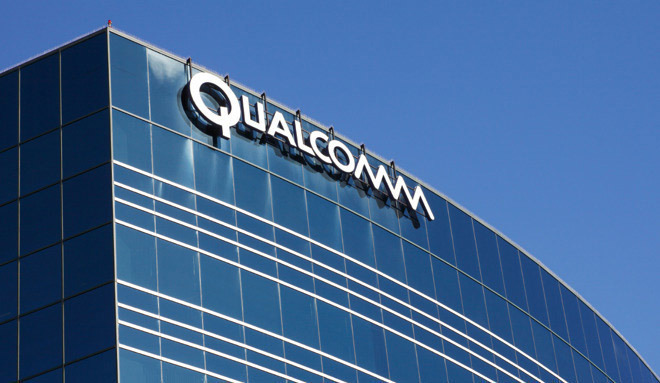
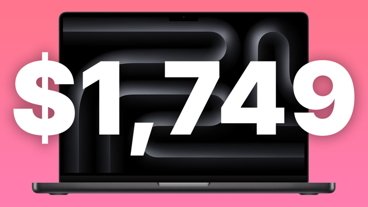
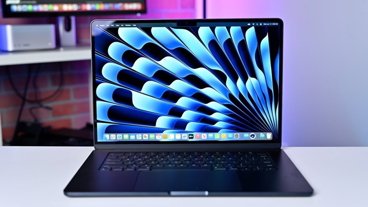
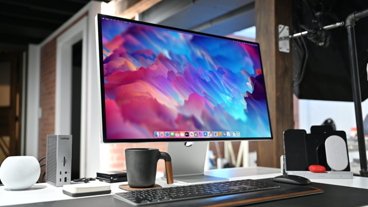
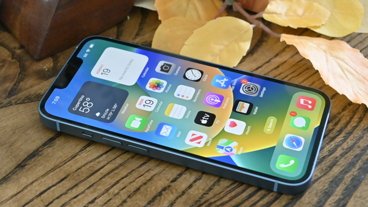
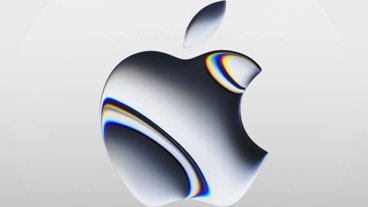
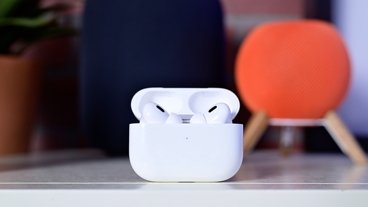
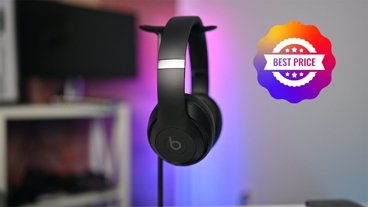
-m.jpg)



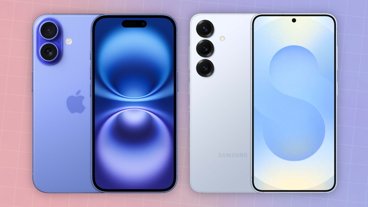
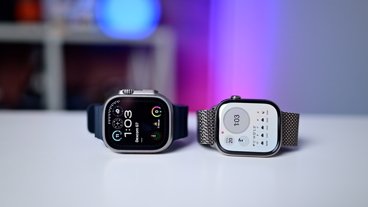
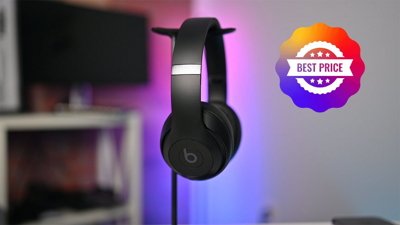
 Christine McKee
Christine McKee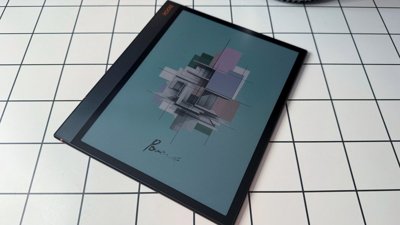
 Mike Wuerthele
Mike Wuerthele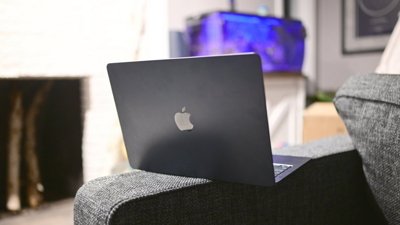
 Charles Martin
Charles Martin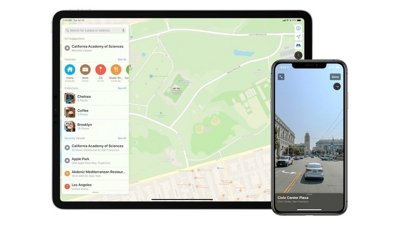
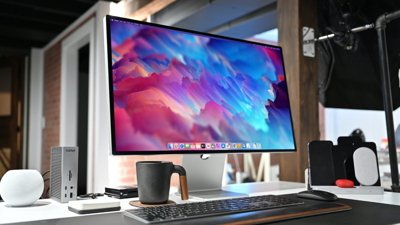
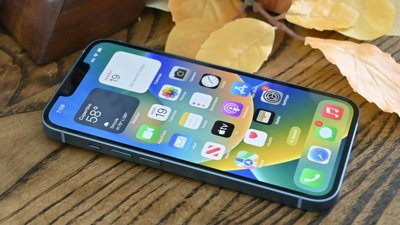
 William Gallagher
William Gallagher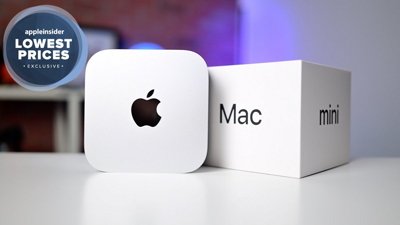
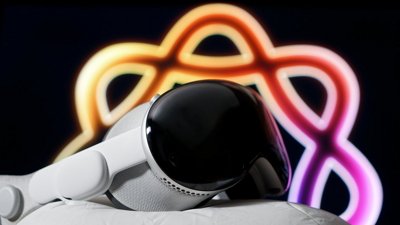
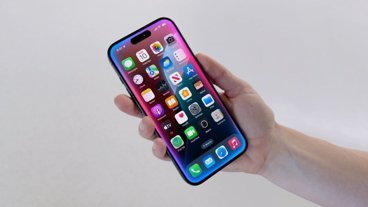
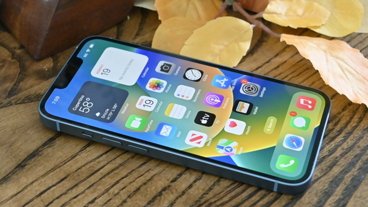
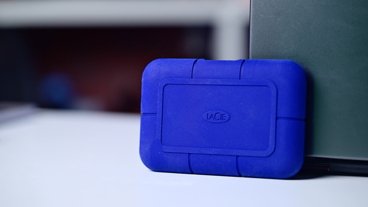
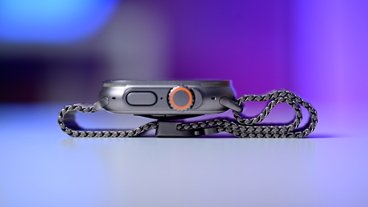
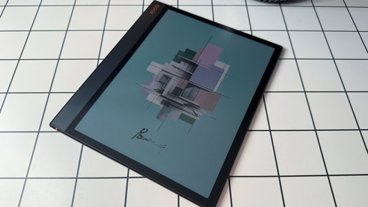
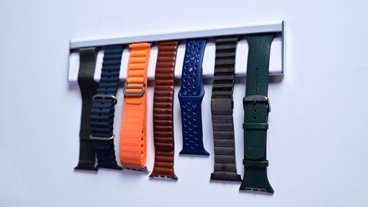
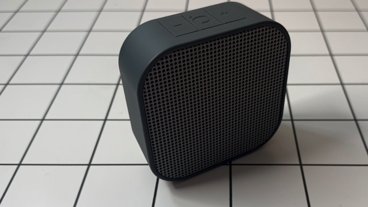

16 Comments
Ha!
As I posted when this started, there was no way Apple’s products were going to be banned in the U.S. because the disruption to the economy would be catastrophic, and as the judge said, not in the public interest. It was clickbait from the get go.
Qualcomm's desperate move to avoid having to settle has failed. I don't think Apple's in much of a mood to settle anymore.
Not sure why, but it I’m really annoyed at Qualcomm and their business practices. There was a way to get around this from the start, yet - they took the winner takes all approach. The loss of business alone must really leave a sour taste to their management, board & shareholders.